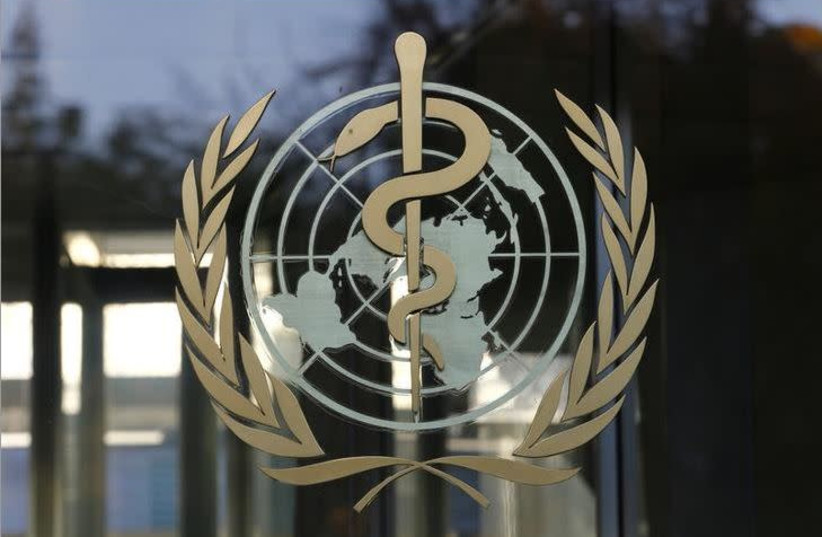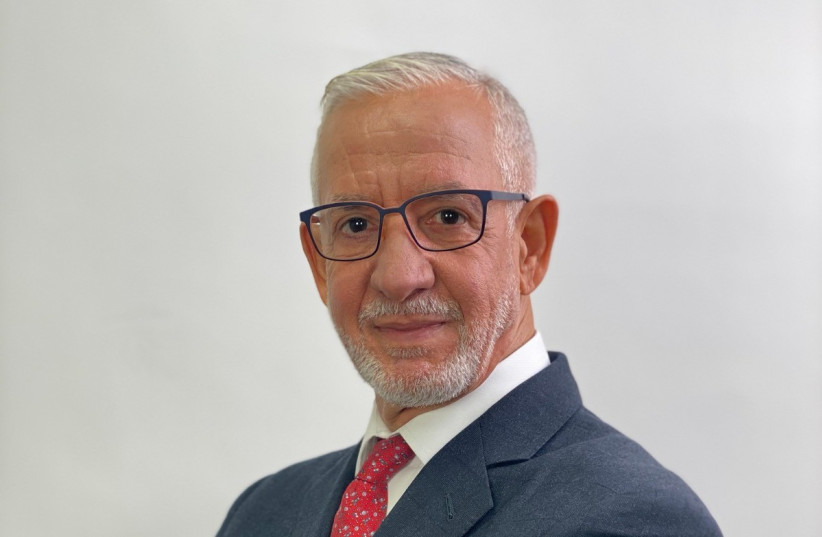It is impossible to remain indifferent to the discriminatory treatment that African countries received from the Western world when the new variant was recently discovered in South Africa. The mutation discovered in South Africa triggered the closure of 35 sub-Saharan states, a vast area that dominates large parts of Western and Eastern Africa.
Let’s think, would a discovery of a similar variant in Belgium have resulted in the closure of all EU countries?
Africa is the second-largest continent after Asia with a population of 1.2 billion people. Its surface area is 30 billion sq. km., so the issue of “collective closure” is particularly troubling here. What’s between Chad in the north of the continent and South Africa in the south? And what about the countries north of Chad? Why are they excluded from the list?
The Western world’s approach to sub-Saharan African countries is troubling, especially considering the fact that the South African government’s unveiling of the new variant has been fully transparent and handled ethically and morally, with the understanding of the universal value of collective responsibility.
The prompt unveiling of the variant, the sharing of information with the World Health Organization and other countries indicates that the African continent understands the cardinal role it has in eradicating the epidemic.

While Western countries rushed to get their citizens vaccinated, the African continent was left behind. With the help of international organizations, the leaders of African countries were able, after many months, to obtain vaccines and have vaccinated hundreds of millions of the continent’s inhabitants. However, having been left behind in the vaccine race is what made Africa the fertile ground for such variants and others (although we have also seen variants discovered in the vaccinated UK). Dealing with the consequences is not just their responsibility. It is our common responsibility.

The fact that most countries in the world chose the “charity begins at home” approach and made no effort to help the African continent brought, and will continue to bring, additional waves of the virus all over the world.
The responsibility is on all of us. We all share it. Especially now, given the responsible leadership the African governments have shown during this crisis. We need to stand with them with solidarity and support.
Perhaps this case is here to teach us that the enormous challenges facing the African continent – hunger, poverty, health, education, food security and more – are also our own. In today’s global reality there is no distinction, and everything that happens in Africa affects and will continue to affect us all, in one way or another.
That is why we must look at Africa through a new prism, of a solution, not of a problem.
Recent events can be an opportunity for the people of Africa and for the entire world; Africa can become the place where we solve the world’s climate and sustainability problems. It is not only a moral obligation to help the underprivileged, but an existential need, in a world whose resources are dwindling, and its challenges growing.
The writer, president of the Mitrelli Group and Menomadin, is an expert in developing and strengthening countries in Africa.
